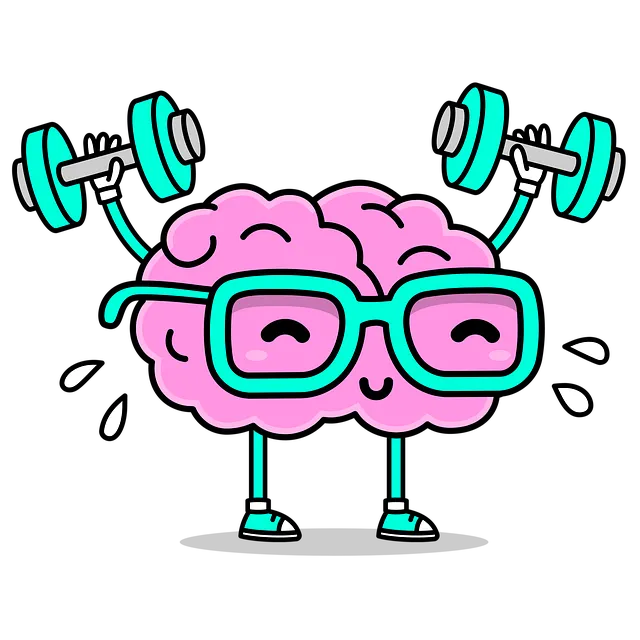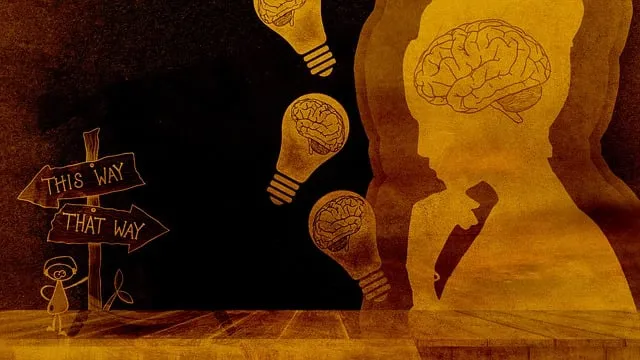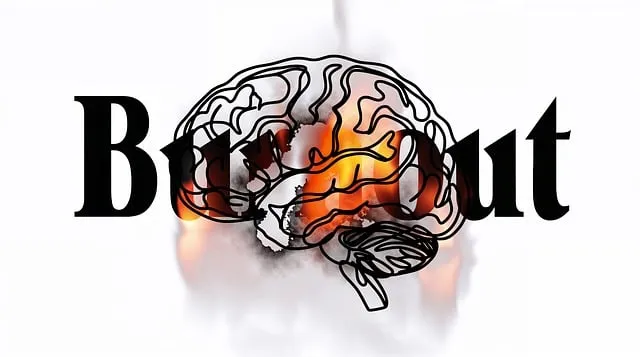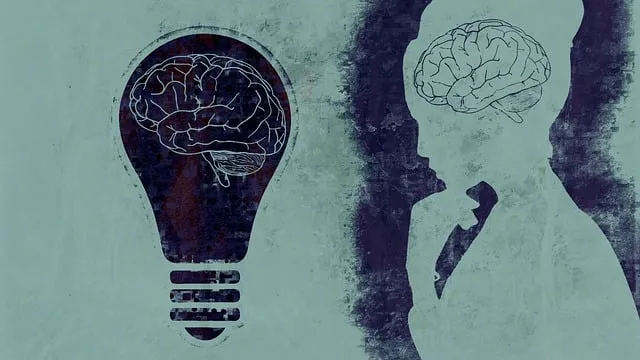Kaiser Permanente leverages innovative strategies, including advanced assessment tools and data analytics, to prioritize accurate mental health diagnoses through their superior mental health phone number. They offer personalized guidance and empowerment via dedicated support services and podcasts, enhancing diagnosis accuracy and overall patient wellness. Comprehensive training, resources, and stigma reduction efforts further strengthen their commitment to top-tier mental health care.
Mental illness diagnosis accuracy is paramount for effective treatment. Efforts to enhance this critical aspect have gained significant momentum, with organizations like Kaiser Permanente leading the charge. This article explores three key strategies aimed at improving diagnosis accuracy: Kaiser Permanente’s innovative approach, the role of phone support in superior mental health care, and comprehensive training and resources for healthcare professionals. By leveraging these methods, we can ensure more precise and timely diagnoses, ultimately benefiting individuals seeking mental health services, especially those reaching out to organizations like Kaiser Permanente via their dedicated mental health phone number.
- Enhancing Diagnosis Accuracy: Kaiser Permanente's Approach
- Utilising Phone Support: Superior Mental Health Care
- Training and Resources: Improving Healthcare Professionals' Skills
Enhancing Diagnosis Accuracy: Kaiser Permanente's Approach

At Kaiser Permanente, we’re dedicated to enhancing mental health diagnosis accuracy through innovative strategies and a comprehensive approach. Our superior mental health phone number serves as a gateway for individuals seeking support, connecting them with expert professionals who utilize advanced assessment tools and evidence-based practices. We prioritize empowering mental wellness by integrating technology and data analytics into our diagnostic process, ensuring a more precise and personalized understanding of each patient’s unique needs.
Through rigorous training and continuous learning, our mental health professionals are equipped to conduct thorough risk assessments, boosting their confidence in diagnosis. This involves not only relying on standardized questionnaires and clinical interviews but also incorporating insights from advanced genetic testing and neuroimaging techniques. By adopting these comprehensive methods, Kaiser Permanente aims to revolutionize the way mental illness is diagnosed, ultimately leading to more effective treatment plans tailored to individual patients.
Utilising Phone Support: Superior Mental Health Care

At Kaiser Permanente, we recognize that accessing mental health care can be a significant step towards improving diagnosis accuracy and overall well-being. Our dedicated phone support service stands as a testament to our commitment to providing superior mental health services. This initiative facilitates personalized guidance and support for individuals seeking assistance with their mental wellness journey. Through regular check-ins and confidential conversations, our trained professionals offer valuable insights tailored to each person’s unique needs.
By utilizing this phone support, individuals can benefit from expert advice on self-care routine development, fostering inner strength, and managing symptoms effectively. This proactive approach encourages a deeper connection with one’s mental health and empowers individuals to take charge of their well-being. Moreover, our mental wellness podcast series production is another innovative way we extend these services, offering accessible resources for those who prefer alternative learning methods.
Training and Resources: Improving Healthcare Professionals' Skills

Healthcare professionals play a pivotal role in accurately diagnosing mental illnesses, making training and resources an indispensable component of improvement efforts. Organizations like Kaiser Permanente, with their extensive reach, including a dedicated mental health phone number for superior support, are at the forefront of this initiative. They offer comprehensive workshops and online platforms that equip medical staff with the latest research, diagnostic criteria, and evidence-based practices. These programs address common challenges, such as recognizing subtle symptoms and navigating complex co-morbidities, thereby enhancing professionals’ skills in mental health assessment.
Beyond training, reducing the stigma surrounding mental illness is a crucial aspect of fostering accurate diagnoses. Mental Illness Stigma Reduction Efforts focus on creating supportive environments where individuals feel comfortable seeking help without fear of judgment. Combined with robust Mental Health Awareness campaigns and effective policy analysis and advocacy, these strategies work synergistically to improve not just diagnosis accuracy but also patient outcomes and overall community well-being.






